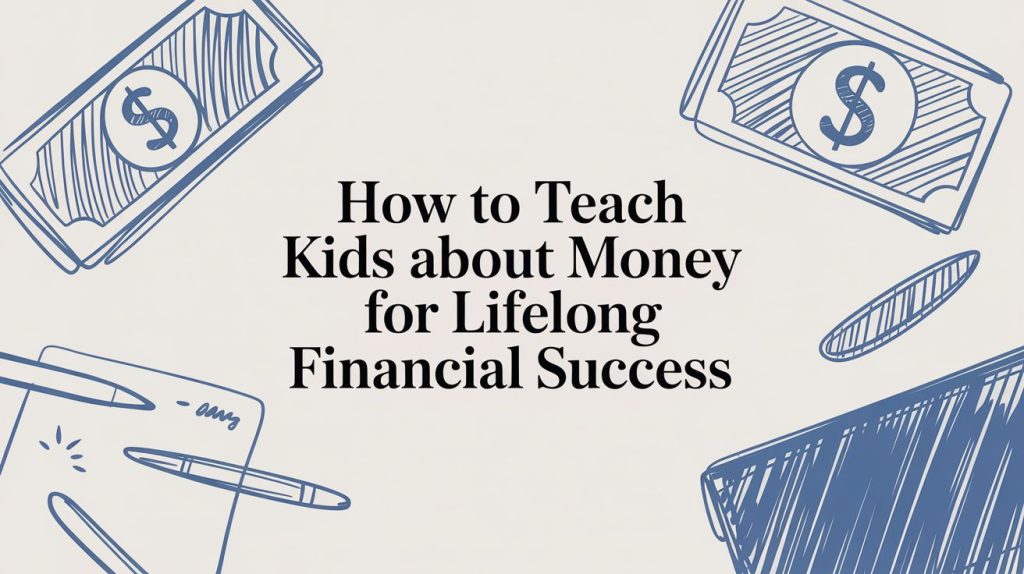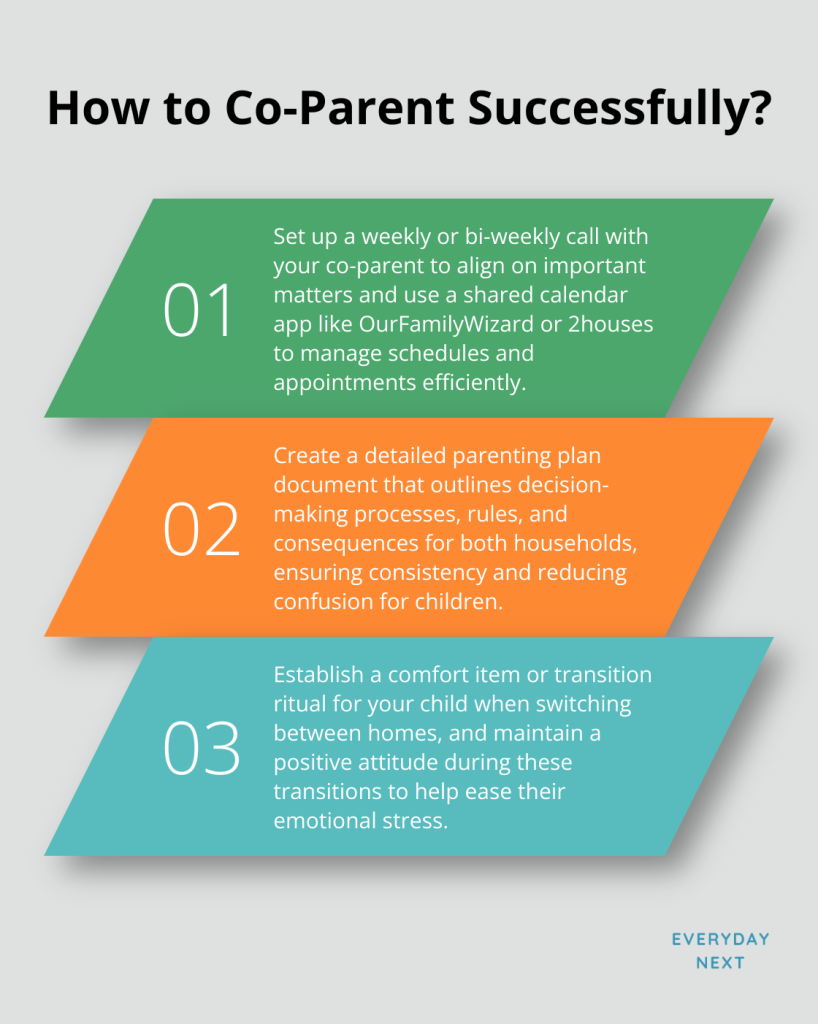
How to Be a Friend to Your Teenager: Building Connection and Trust
Parenting teenagers can feel like navigating a roller coaster. They’re growing, changing, and striving for independence, all while navigating the emotional turbulence of adolescence. During this critical stage, parents often wonder how to maintain a strong relationship with their teen. Becoming a friend to your teenager—while still being a parent—requires flexibility, understanding, and effort. Here are research-backed strategies to build connection and trust with your teen.
Why It’s Important to Be a Friend to Your Teenager
Adolescents crave autonomy but still need a supportive and non-judgmental presence in their lives. Studies show that teenagers with strong parental connections have better mental health, academic performance, and decision-making skills. Being a friend to your teenager doesn’t mean giving up parental authority; rather, it’s about fostering a relationship built on trust, mutual respect, and open communication.
1. Practice Active Listening
Teens often feel misunderstood, which can lead to frustration and isolation. To build trust, prioritize listening to their thoughts and feelings without interrupting or jumping to conclusions.
How to Listen Actively:
- Make eye contact and give them your full attention.
- Avoid multitasking during conversations.
- Reflect back what they’ve said to show understanding (e.g., “It sounds like you’re really stressed about that test tomorrow.”).
- Avoid immediately offering solutions unless they ask for advice.
Why It Matters: Research highlights that teens who feel heard by their parents are more likely to share their struggles and seek guidance.
2. Be Flexible and Adaptable
Teenagers are in a constant state of growth, and their needs and moods can change rapidly. As a parent, being adaptable means recognizing when to give them space and when to step in with support.
Strategies for Flexibility:
- Let go of rigid expectations and meet them where they are.
- Respect their evolving interests, even if they differ from your own.
- Be open to negotiation (e.g., adjusting curfews for special occasions).
Why It Matters: Flexibility shows your teenager that you respect their individuality and are willing to grow with them.
3. Show Genuine Interest in Their World
One of the quickest ways to connect with your teen is to show interest in what matters to them. Whether it’s their favorite video game, music, or social issues, engaging in their world builds common ground.
Ways to Show Interest:
- Ask open-ended questions about their hobbies or opinions.
- Participate in activities they enjoy (e.g., watch their favorite show together or play their favorite game).
- Avoid judgment or dismissiveness, even if their interests seem trivial to you.
Why It Matters: Teens often pull away when they feel their parents don’t understand them. Showing interest bridges that gap.
4. Respect Their Need for Independence
Teenagers are naturally pushing boundaries as they explore their identity. While this can be challenging for parents, respecting their need for independence fosters mutual trust.
How to Encourage Independence:
- Allow them to make age-appropriate decisions, even if you’re unsure of the outcome.
- Support their efforts to solve problems on their own.
- Avoid micromanaging their every move.
Why It Matters: Research indicates that teens who feel trusted and empowered are more likely to develop self-confidence and responsibility.
5. Communicate with Empathy and Understanding
Teens often face stress from school, friendships, and societal pressures. Responding to their struggles with empathy shows them you’re on their side.
How to Communicate with Empathy:
- Validate their feelings (e.g., “That sounds really tough. I’m sorry you’re going through that.”).
- Avoid minimizing their problems by comparing them to your own experiences.
- Offer a safe space where they can express themselves without fear of judgment.
Why It Matters: Empathy helps build emotional intimacy and encourages teens to open up about their challenges.
6. Create Rituals and Quality Time Together
Shared experiences strengthen bonds. Establishing regular rituals with your teen creates moments of connection, even during busy schedules.
Ideas for Quality Time:
- Weekly movie or game nights.
- Cooking or baking together.
- Taking short trips or going for walks to talk.
Why It Matters: Rituals provide a sense of stability and togetherness, showing your teen that they’re a priority in your life.
7. Be Honest About Your Own Challenges
Teenagers appreciate authenticity. Sharing appropriate stories about your own struggles and how you overcame them can make you relatable and approachable.
How to Be Honest:
- Talk about challenges you faced as a teen.
- Share lessons you’ve learned from your mistakes.
- Acknowledge when you don’t have all the answers.
Why It Matters: Vulnerability fosters trust and reminds your teen that perfection isn’t the goal.
8. Celebrate Their Wins, Big or Small
Teenagers thrive on encouragement. Recognizing their achievements, whether academic, athletic, or personal, boosts their confidence and strengthens your bond.
Ways to Celebrate:
- Give specific compliments (“I’m really proud of how hard you worked on that project.”).
- Celebrate milestones with a special activity or treat.
- Encourage them to reflect on their progress and growth.
Why It Matters: Positive reinforcement shows your teen that their efforts are valued and appreciated.
9. Set Boundaries with Love
Being a friend doesn’t mean abandoning your role as a parent. Clear, consistent boundaries provide structure and safety, even when your teen resists them.
How to Set Boundaries:
- Explain the reasoning behind rules and consequences.
- Involve your teen in creating agreements to encourage buy-in.
- Be firm but kind when enforcing boundaries.
Why It Matters: Boundaries teach responsibility and respect, while your supportive approach ensures they feel loved.
Final Thoughts
Building a friendship with your teenager doesn’t mean being their peer—it means being a trusted ally who supports their journey to adulthood. By listening actively, respecting their independence, and showing empathy, you create a foundation of trust and love that will last a lifetime. Remember, the teenage years are a phase—a critical one—but your relationship with your child can grow stronger through it all.
Your teenager doesn’t just need a parent; they need a friend who believes in them, cheers them on, and offers guidance when they stumble. Be that friend, and watch your connection flourish.
Sources
Active Listening and Communication:
- “How to Talk So Teens Will Listen and Listen So Teens Will Talk” by Adele Faber and Elaine Mazlish, which emphasizes effective communication techniques.
- Research from the American Psychological Association (APA) on how active listening builds trust in parent-teen relationships: APA Article.
Flexibility and Adaptability:
- Harvard’s Center on the Developing Child discusses the importance of flexibility in parenting adolescents: Harvard Resource.
Empathy and Understanding:
- The work of Dr. John Gottman on emotional coaching and its impact on strengthening parent-child bonds: Gottman Institute.
Quality Time and Rituals:
- Studies on the benefits of shared family rituals from the Journal of Family Psychology: Family Rituals Study.














Pingback: The Surprising Benefits of Roughhousing: Boost Your Kid's Confidence, Skills, and Bonding - Everyday Next